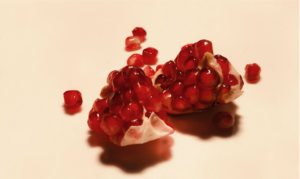
Summary
Early treatment with oral antivirals remains the most useful treatment. Genital herpes warrants high doses of early antivirals. Treatments work best if started very early before the blisters erupt.No treatment can abort an attack. Take measures to prevent spread during an outbreak.
Genital Herpes
Genital herpes is simply a cold sore on the genitals. Its prevention and treatment follow the same broad principles. Triggers for another episode including sunlight exposure, being ‘run down’ or tired, another illness or medical problem such as a cold or often no reason at all. From an integrative medicine approach, recurrent herpes attacks and suspicious for low B vitamins, folate, zinc and impaired immune function. There may be other domains of health that lead to the immune system not being able to suppress the
Virus including:
- Methylation disorders
- Vitamin deficiencies
- Inflammation
- Gut Dysbiosis
- Poor sleep
Whilst the Cold Sore is there, it is highly contagious to others and can be spread to genital herpes should the setting arise; 70% of couples engage in oral sex and so this spread is common.
Spread of genital herpes generally takes place when there are active lesions. There is some speculation that ‘asymptomatic spread’ is possible however this is less convincing. With 90% of the population showing antibody evidence of herpes exposure, recurrence of a dormant herpes is reasonably likely in most people under the right conditions. Assumed spread is thus hard to track.
Typically, a herpes attack will resolve within 10 days, however there are some treatments available on the market that people will try to use to shorten the attack as the cold sore is unpleasant and cosmetically unappealing.
Treatments for hepes attack
1. Anaesthetic creams: such as xylocaine, can reduce the feeling of burning and reduce the discomfort of an attack
2. Antiviral creams such as zovirax have been studied and show a modest reduction in the duration of symptoms, and the time taken to heal however need to be applied frequently. They are not considered a particularly useful adjunct in clinical practice.
3. Antiviral tablets such as aciclovir, valciclovir or famciclovir are commonly used and studies show a greater effect than antiviral creams with healing and symptoms brought forward several days; however neither treatment aborts the attack.
4. Light therapy: Light of a wavelength just over the infrared spectrum (circa 1072nm) has been studied and shows a marked reduction in symptom duration (by 4days) and earlier crusting; superior to topical antivirals when used three times per day for two days. The device typically retails for 100 USD so would be suited to those with frequent outbreaks.
References:
1072- nm light against placebo for the treatment of herpes labialis. Clinical and experimental dermatology, 31(5), 638–641. https://doi.org/10.1111/j.1365- 2230.2006.02191.x
Jensen, L. A., Hoehns, J. D., & Squires, C. L. (2004). Oral antivirals for the acute treatment of recurrent herpes labialis. The Annals of pharmacotherapy, 38(4), 705– 709. https://doi.org/10.1345/aph.1D285 Leung, A., & Barankin, B. (2017). Herpes Labialis: An Update. Recent patents on inflammation & allergy drug discovery, 11(2), 107–113.https://doi.org/10.2174/1872213X11666171003151717 Moomaw, M. D., Cornea, P., Rathbun, R. C., & Wendel, K. A. (2003). Review of antiviral therapy for herpes labialis, genital herpes and herpes zoster. Expert review of anti-infective therapy, 1(2), 283–295. https://doi.org/10.1586/14787210.1.2.283 Opstelten, W., Neven, A. K., & Eekhof, J. (2008). Treatment and prevention of herpes labialis. Canadian family physician Medecin de famille canadien , 54 (12), 1683–1687.

